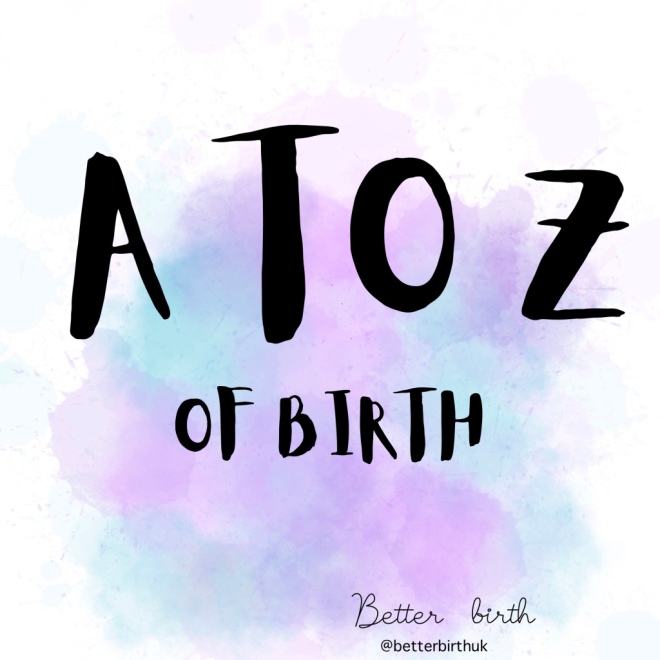Cath Coleman from Kent Hypnobirthing talks about recognising and managing the symptoms of depression and anxiety during pregnancy.

It is common for many women to feel difficult emotions during pregnancy. After all, expecting a baby can be exciting, stressful, joyful or scary, and it is perfectly normal to experience a roller-coaster of emotions.
But prenatal depression and anxiety are more serious and you may need extra support.
Prenatal depression
Prenatal depression can be caused by the changes in your hormones during your pregnancy. But it can also be caused by many other things, such as feeling stressed and overwhelmed about becoming a mother, relationship or financial problems, your feelings about your changing body, or previous difficult pregnancies.
Symptoms of prenatal depression
- Low mood
- Lack of energy
- Tearfulness
- Loss of interest in things you normally enjoy
- Hopelessness
- Isolating yourself
- Feelings of guilt
Prenatal anxiety
It is common to have feelings of anxiety when you are pregnant. Many women worry about their baby, the birth, or how their lives will change after their baby is born. But if you find your worrying excessively, or if your anxiety is becoming overwhelming, you may have prenatal anxiety.
Symptoms of prenatal anxiety
- Feeling anxious, worrying or panicky most of the time
- Racing or intrusive thoughts
- Unable to sleep or relax
- A racing heart or faster breathing
- Sweating and hot flashes
- Feeling shaky or having pins and needles
- Dizzy or light-headed
- A sense of dread and thinking the worst is going to happen
Self-help ideas for prenatal depression or anxiety
If you think you or someone you know might have depression or anxiety, it is important you see your GP or midwife. They can help by referring you to a mental health professional and may offer you talking therapies, such as counselling.
There are some ways you can manage mild depression and anxiety yourself.
- Make sure you connect with friends and family, talk to other people and don’t isolate yourself.
- Take care of your physical health – eat well, get enough sleep and stay active
- Keep a journal to write down your thoughts and feelings
- Relax – just 20 minutes a day is enough to help anxious thoughts and boost your mood. Try reading a book, going for a walk or having a long bath
- Practise self-care – do what you enjoy and make time for yourself
- Have a resilience toolkit – write a list of people, places or activities that life your mood. This could be anything – a movie you love, somewhere you love to walk or cuddling with your dog. Then when you feel low or anxious, look at your list and do one of those things.
Cath Coleman teaches hypnobirthing courses in Canterbury with Kent Hypnobirthing. Having worked as a mental health nurse for 17 years, she is experienced in supporting women with anxiety and depression during pregnancy.


